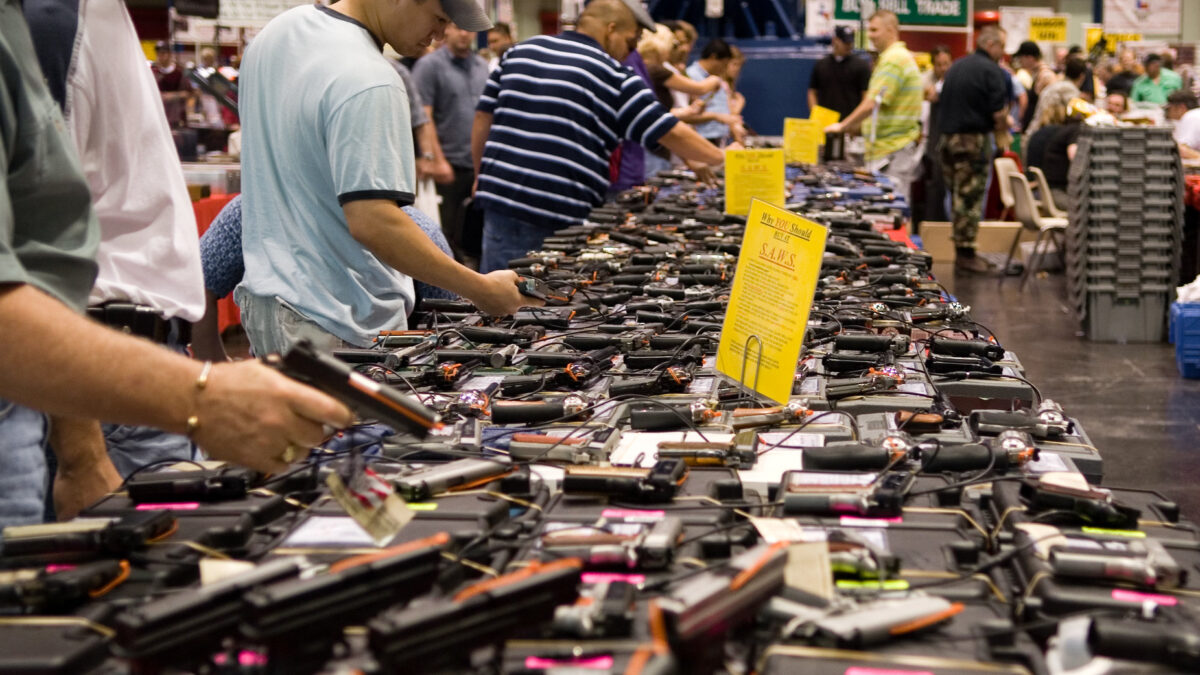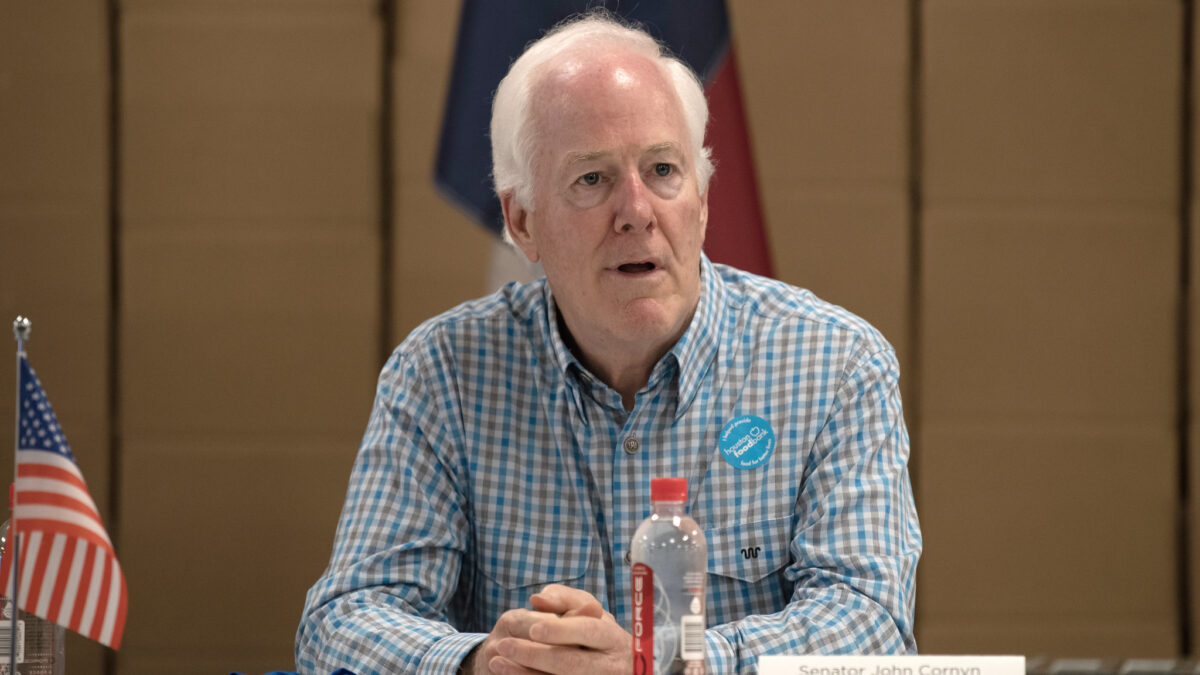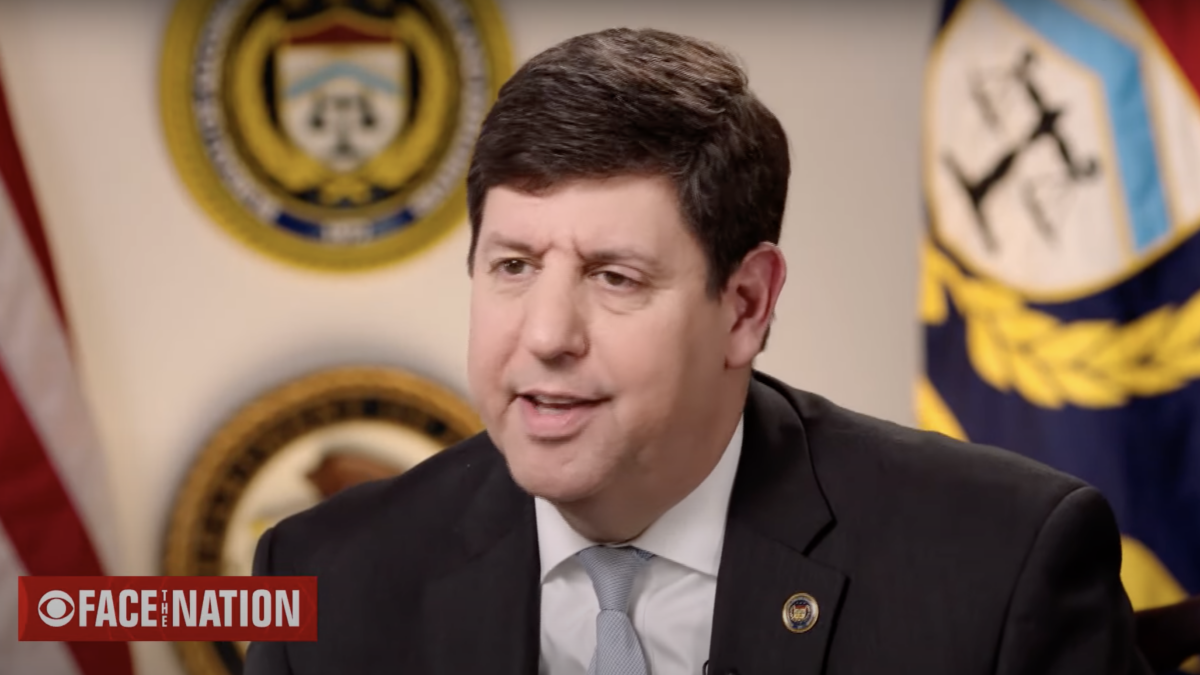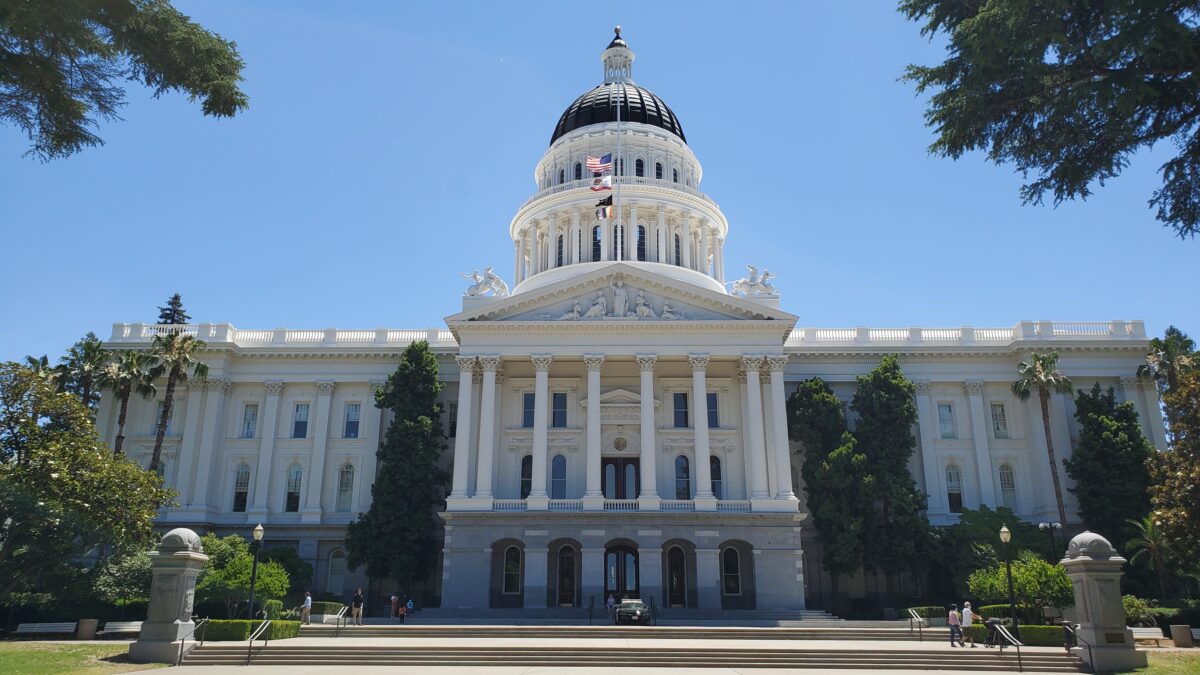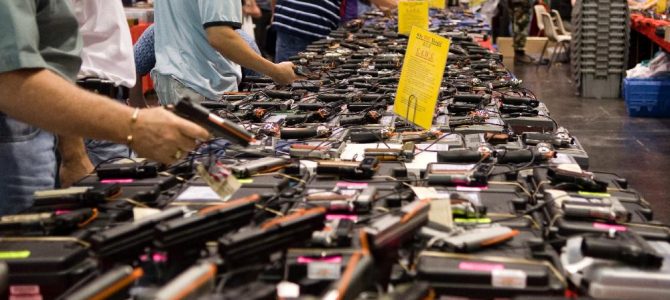
Massachusetts Attorney General Maura Healey has claimed that the 2005 Protection of Lawful Commerce in Arms Act (PLCAA) makes a gun “the only product of its kinds for which Congress has given the industry extensive freedom from liability.” However, the PLCAA afforded no protections to the arms industry that did not already exist for all industries. Activists are targeting this law because it prevents the anti-gun lobby from using the legal system to bypass the legislature and cripple the lawful sale of arms, as Healy is attempting to do in Massachusetts.
The PLCAA, which was passed with bipartisan support, only shields manufacturers under a narrow set of circumstances. It prevents innocent firearms manufacturers from being held liable when criminals misuse their products. To understand the opposition, one must understand the nature of the lawsuits it was written to prevent.
Liability for What They Did, Not What They Didn’t Do
Many have heard of “strict products liability” but are unsure of exactly what it means. If one thinks that it simply means that a manufacturer must pay for any harm its goods cause, the argument against the PLCAA might make some sense. However, that is far from the reality.
Generally, manufacturers and dealers are held liable for any harm caused by products sold “in a defective condition unreasonably dangerous to the user.” This includes manufacturing defects, unsafe design, and inadequate warnings. This means a plaintiff need not prove the manufacturer was at fault; he need only prove the existence of a defect. So, if a product is deemed “unreasonably dangerous,” a manufacturer would almost certainly lose a lawsuit involving harm from that product. This is why the anti-gun crowd salivates at this type of liability.
One might think that because guns are dangerous, they must fit in the PLCAA somewhere. However, this type of liability concerns products that are “unreasonably dangerous.” For instance, knives are dangerous, but everyone knows the whole purpose of a knife is to cut. Product liability theory does not mean that a knife-maker has to pay whenever someone is cut by a knife; it means they must pay if a defective knife hurts someone.
The knife paradigm applies directly to guns. The purpose of a gun is to poke holes at a distance, and everyone knows this. Just as I cannot claim that my knife was defective because I used it to cut something I shouldn’t have, I cannot claim that my gun was defective if I use it to poke a hole in something I shouldn’t have.
Say, though, my gun occasionally slings a round way off to the left, and someone is hurt because of that. In that case, the gun was defective, and the manufacturer can be held liable. This has always been the law, and the PLCAA did nothing to change that.
It’s Unjust to Punish People for Others’ Crimes
The PLCAA was enacted because certain judges, along with special interest groups, threatened to stray from existing law and impose liability in situations where guns behaved as designed but were misused by criminals. There was no basis for this type of liability, and Congress acted because “the possibility of imposing liability on an entire industry for harm that is solely caused by others is an abuse of the legal system.”
All the PLCAA does is clarify existing law to protect the lawful business of selling arms. The act does not prevent any lawsuits where the dealers or manufacturers acted improperly, as evidenced by the recent lawsuit against Century Arms, which sold allegedly defective AK-47 variants. On this, the claim that the act protects “illegal and irresponsible” actions is patently false.
Healy and the anti-gun lobby are targeting PLCAA because it prevents them from joining forces with “a maverick judicial officer or a petit jury” to “expand civil liability in a manner never contemplated by the framers of the Constitution.” Even a single court ruling opposite the PLCAA could crush the lawful arms trade in that jurisdiction. Aside from abrogating the right to attain arms for citizens in that jurisdiction, such rulings would unconstitutionally burden commerce between that jurisdiction and other states. This is a core justification for the act, taken right from its text.
To understand that this law offers no special protection for the firearms industry, simply ask whether it would be just to hold Ford financially responsible for hit-and-runs committed by Mustang drivers. That is exactly what the anti-gun lobby seeks: to force lawful manufacturers and dealers to pay for the illegal use of their products. This serves only to create a loophole in the law, not close one.


